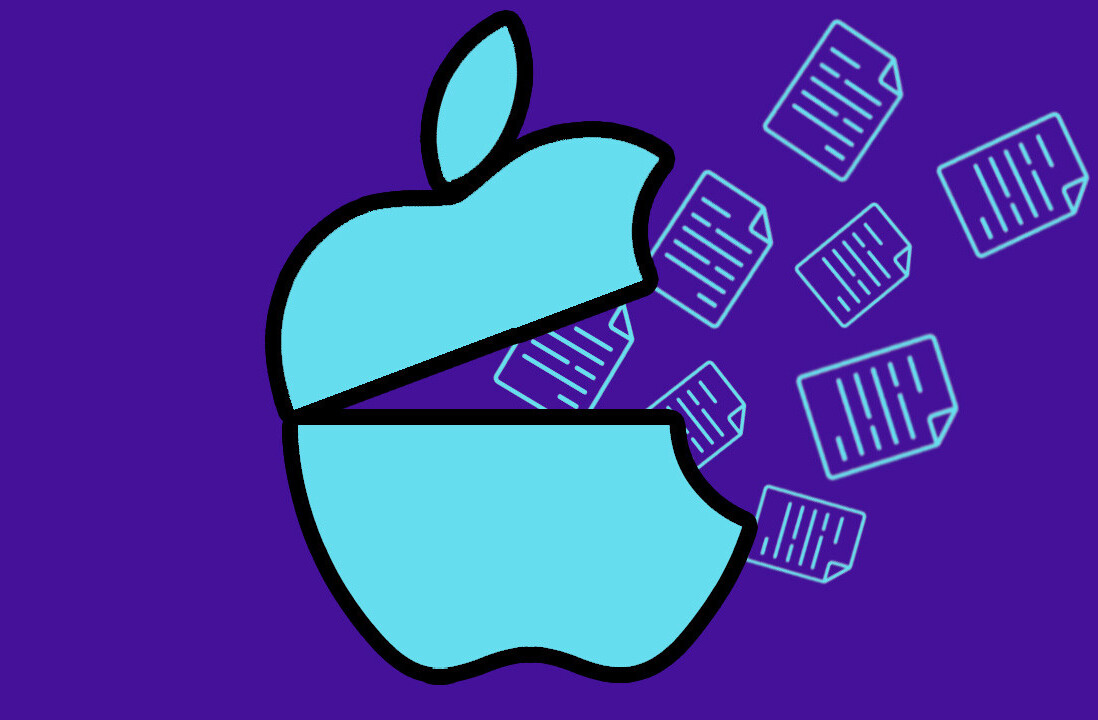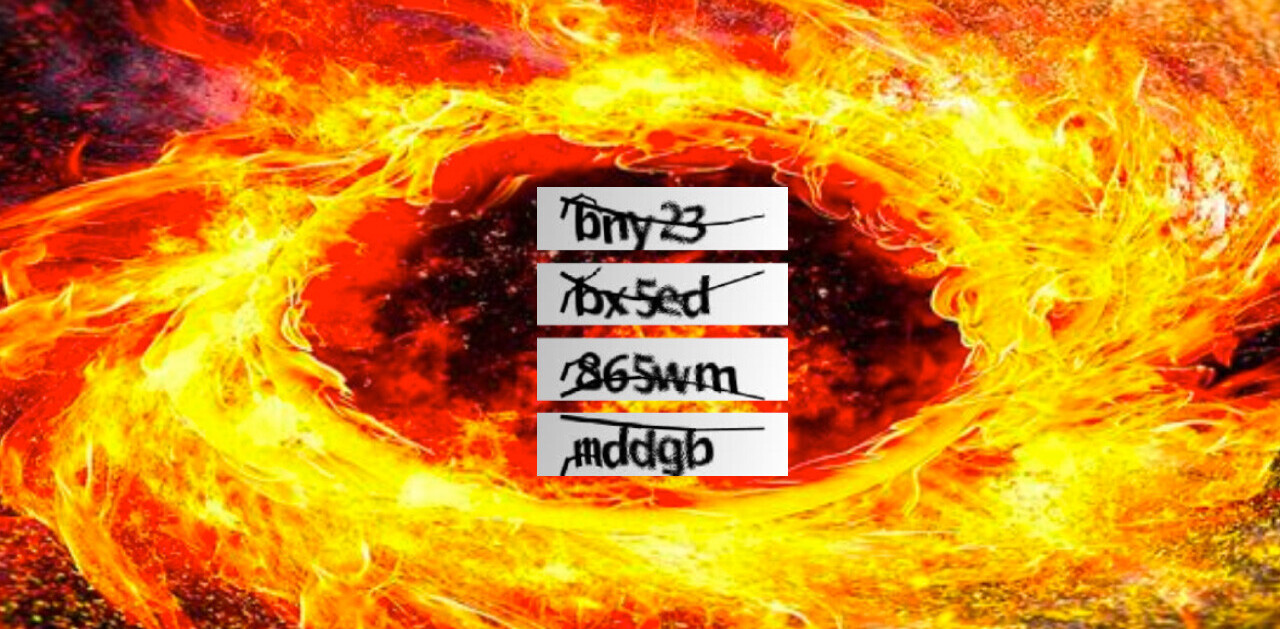
In a telephone interview with All Things D, Apple executives Steve Jobs, Scott Forstall and Phil Schiller answered questions about the iPhone location issue, Apple’s response Q&A earlier today and delays in the arrival of the white iPhone 4.
During the interview, Apple SVP Scott Forstall chimed in to state that they do know the size of the cache was a mistake and that they will be reducing it.
“We picked a size, around 2MB, which is less than half a song,” stated Forstall, “It turns out it was fairly large and could hold items for a long time.”
Forstall then went on to make a statement that isn’t quite true during the interview, saying that iPhone’s needed to be jailbroken to see the data.
“We had that protected on the system.” claimed Forstall, “It had root protection and was sandboxed from any other application. But if someone hacks their phone and jailbreaks it, they can get to this and misunderstand the point of that.”
This was true early on but as of last year, with the release of iOS 4.0, that data had been moved out to a public portion of the iPhone’s memory, one that is accessible to anyone, jailbroken or not. The data is also available on iPhone backups on users computers, something that Apple has stated it will also fix in a future update.
Since no followup questions were asked about his statement, or at least none that were revealed in All Things D’s ‘edited transcription‘, then we’re not sure if Forstall was referring to an initial discovery of the file, before it was moved by Apple to give developers location data access, or if he was referring to the recent access of the data via the iPhone Tracker utility.
Jobs spent most of the interview reinforcing what was said in the Q&A about the iPhone’s location cache. Namely that Apple does not record users locations and that the location cache is not related to the position of your iPhone in particular.
“We build a crowdsourced database of Wi-Fi and cell tower hot spots,” said Jobs, “but those can be over 100 miles away from where you are. Those are not telling you anything abut your location. That’s what people saw on the phone and mistook it for location.”
Jobs went on to say that the burden of investigation regarding how other wireless companies like Google handle their location data now that Apple has answered the publics questions.
“I think it will be interesting to see how agressive or lazy the press is on this in terms of investigating the rest of the participants in the industry and finding out what they do,” adding further, “Some of them don’t do what we do. That’s for sure.”
We’ve already begun to do this here at The Next Web, with our article about how Android phones track location data.
He also commented on the speed of Apple’s response to the matter, which some have said is poor, stating that they have worked to determine first the truth of the accusations, then a properly researched response.
“By the time we had figured this all out, it took a few days. Then writing it up and trying to make it intelligible when this is a very high-tech topic took a few days. And here we are less than a week later.”
When asked about how much control should be given to users to protect their location data Forstall described the iPhone’s location controls as “incredibly fine grain and the best out there,” stating the presence of an extensive set of toggles in the menu and clear indicators of an apps use of location data as consumer protections.
SVP Phil Schiller contributed an analogy for those who were concerned about the location data that their iPhone transmits to Apple, comparing it to “a clicker that counts how many people come in and out of the store,” he goes on to say that “Nobody really cares about that because it is completely anonymous,” and that, “It is not personal data.”
We’re actually of the mind here at TNW that the location data information isn’t a matter for concern for most people and that the data is relatively harmless. It is interesting to see what seems like an attempt to lay some of the blame for what is clearly Apple’s mistake at the feet of the iPhone jailbreakers. Apple has done an excellent job of making the issue of how the iPhone handles location data very transparent for users, we’re not sure why Forstall would muddy the waters of this otherwise clear-cut issue.
Get the TNW newsletter
Get the most important tech news in your inbox each week.





